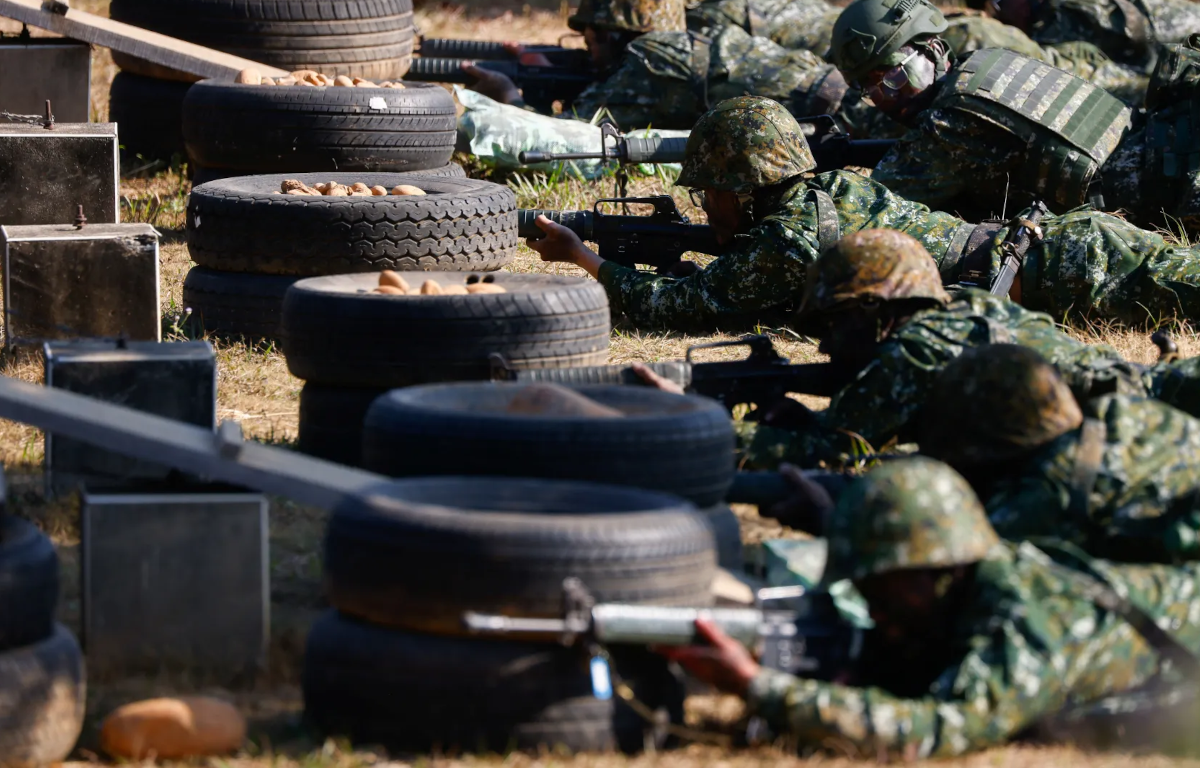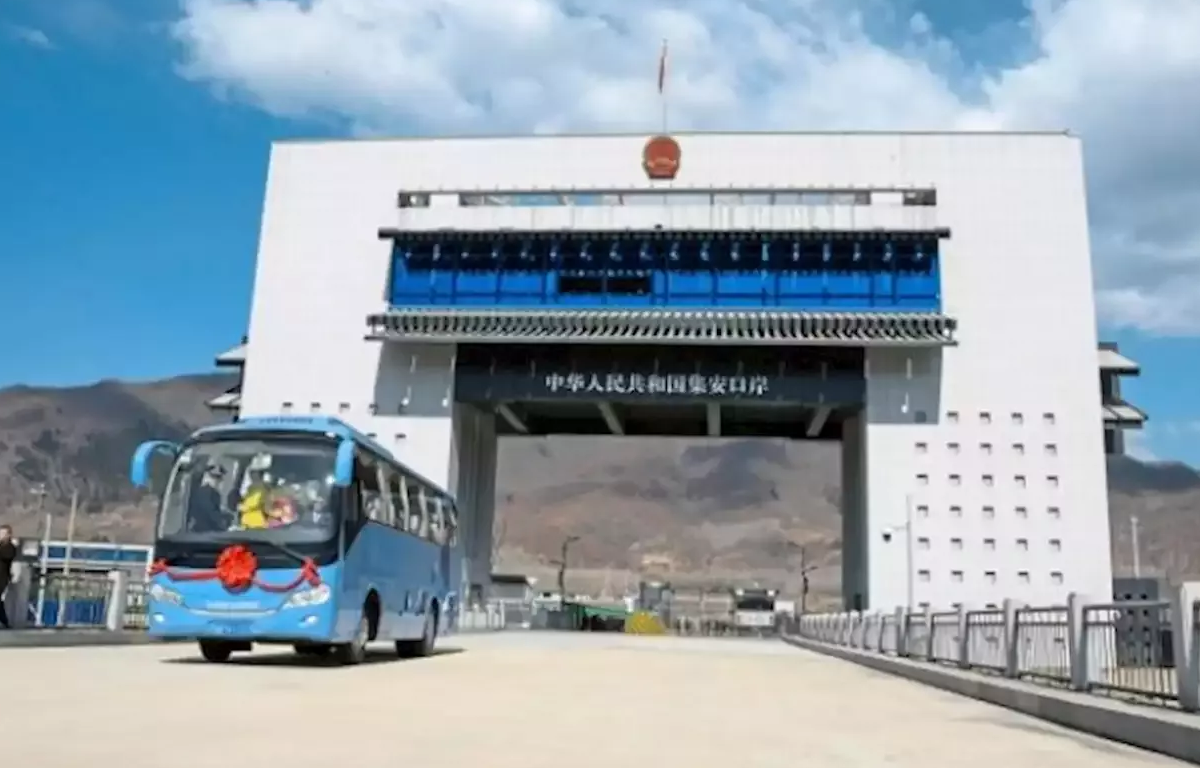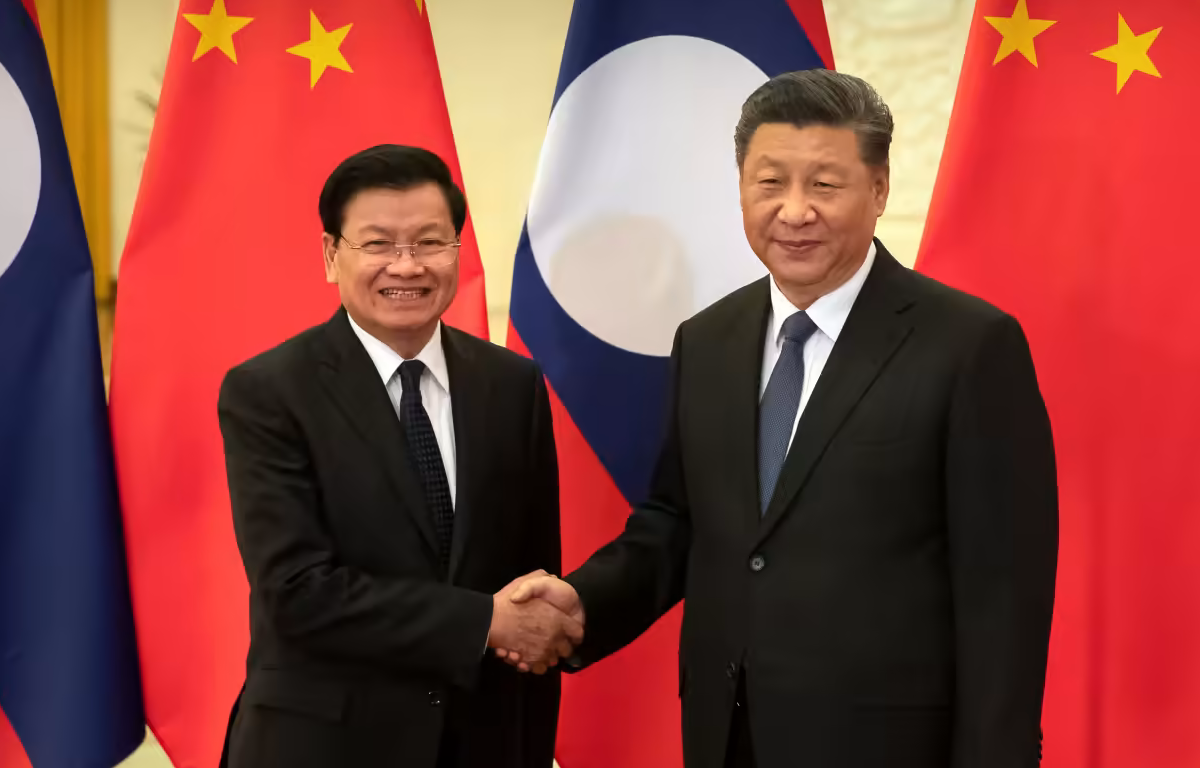
The United States has a history of providing military assistance to Taiwan, a self-governing island nation that China considers a part of its territory. This support is rooted in the Taiwan Relations Act, enacted in 1979, which obligates the U.S. to help Taiwan maintain a credible defense against any external threat. Over the years, Washington has delivered a range of military equipment and services to Taiwan, including fighter jets, missile systems, and naval vessels, consistently drawing ire from Beijing.
The recent $500 million arms sale to Taiwan is another chapter in this ongoing saga. The package includes an assortment of equipment and weaponry designed to bolster Taiwan’s defense capabilities. Notable items in this sale comprise Harpoon coastal defense systems, as well as rocket artillery and sensors. These weapons systems are expected to enhance Taiwan’s ability to deter potential aggression and protect its territorial integrity.
Unsurprisingly, China has expressed its vehement opposition to the arms sale, characterizing it as a gross violation of the ‘One China’ principle. Beijing views Taiwan as an inalienable part of its territory and considers any foreign interference in Taiwan’s affairs as unacceptable. China has warned of severe consequences for what it perceives as meddling in its internal affairs, although the specifics of these repercussions remain unclear.
The arms sale to Taiwan reverberates far beyond the Taiwan Strait. It adds to the growing list of contentious issues between the U.S. and China, which already include disputes over trade, human rights, and the South China Sea. This escalation in tensions has raised concerns about the potential for unintended conflict and its impact on the global economy.
Some countries have expressed support for Taiwan and the U.S.’s role in helping maintain stability in the region. Japan, for instance, has endorsed the arms sale, emphasizing the importance of a rules-based international order. However, others, seeking to maintain good relations with both the U.S. and China, have adopted a more cautious stance.
The U.S. decision to approve this arms sale must be viewed in the context of a larger geopolitical strategy in the Indo-Pacific. The United States, under its Indo-Pacific strategy, aims to counterbalance China’s growing influence in the region. Taiwan plays a critical role in this strategy as a democratic ally and a potential partner in preserving regional stability.
The approval of the $500 million arms sale to Taiwan by the United States underscores the complexity of the U.S.-China relationship and the ongoing challenges in the Indo-Pacific region. While the U.S. maintains its commitment to Taiwan’s defense, China interprets such actions as provocations. The international community will be closely watching as these tensions continue to unfold, hoping for diplomatic efforts to prevail over military confrontation and for stability to be maintained in this strategically vital region.










Share this: